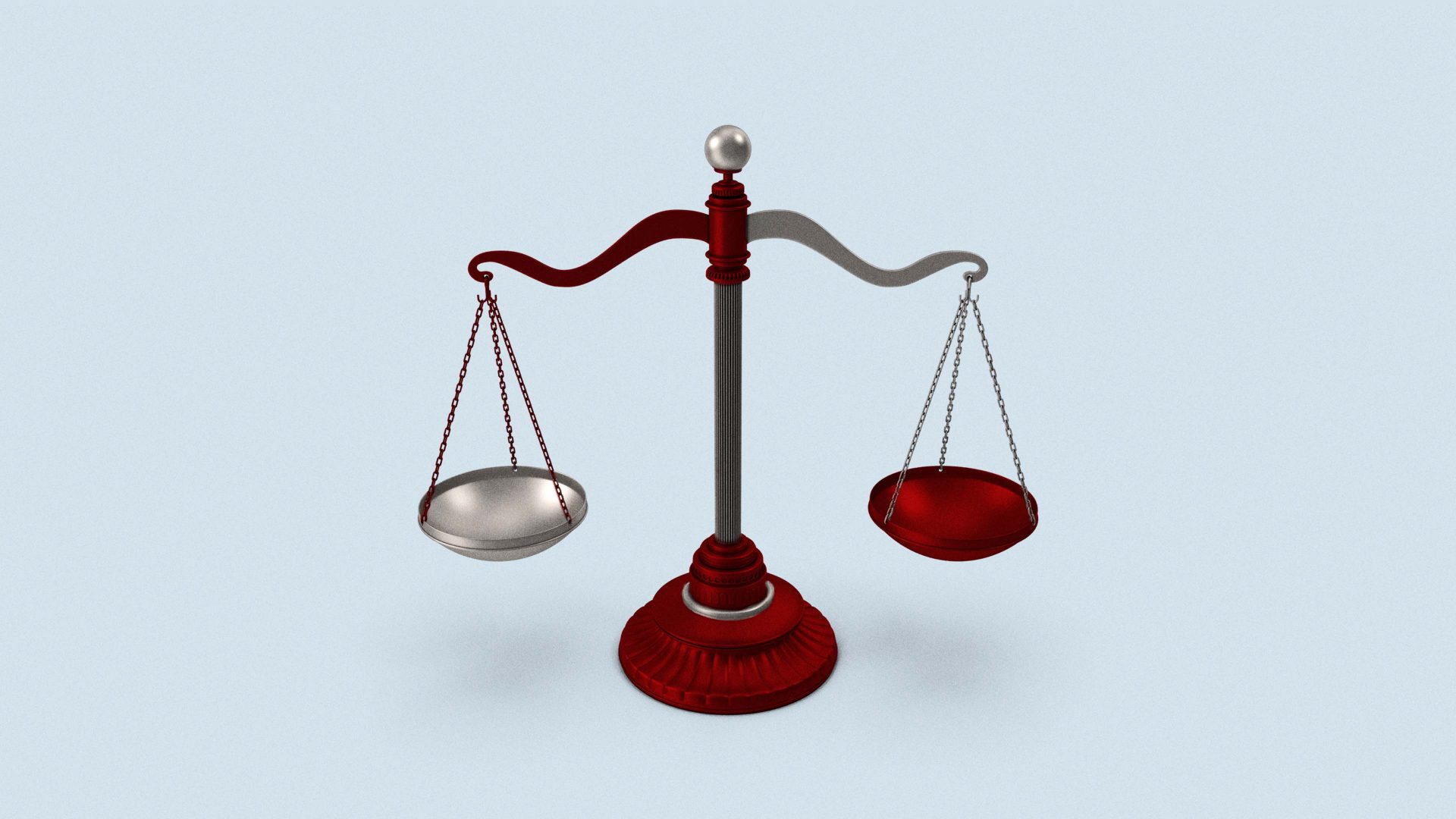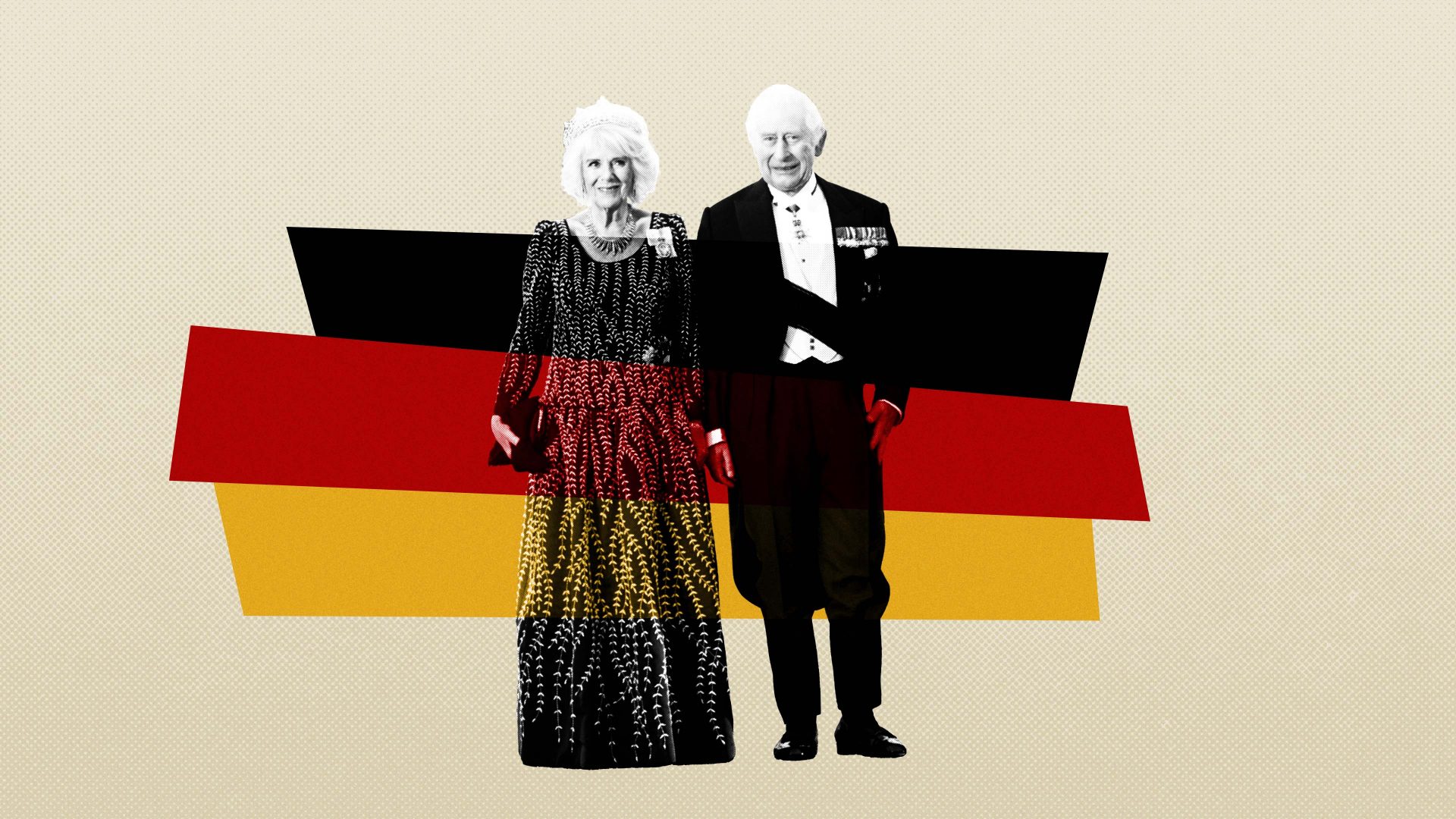Volodymyr Zelensky is used to addressing parliaments and soaking up the adulation. Not in Austria. On March 30, as he was addressing the chamber, two dozen MPs walked out on Ukraine’s president, leaving placards in the chamber stating either “a place for peace” or “a place for neutrality”.
Yes, they were from the far-right Freedom Party, and yes, a few of their colleagues chose to remain in their seats. But this was no fringe protest. The FPÖ is a major political force and its position on Ukraine, albeit more strident than others, represents a big swathe of public opinion.
A poll taken in May 2022, just three months into Vladimir Putin’s invasion of Ukraine – and the same month that Finland and Sweden applied for Nato membership – showed that only 14% of Austrians favoured doing the same, with an extraordinary 75% opposed. Austria loves staying on the sidelines. It sees its longstanding constitutional requirement of neutrality as a moral cause, and it is quite relaxed about incurring the scorn of others.
A small country it may be (its population is barely 9 million), but it is wealthy and proud. It manages to be both provincial and open to foreigners – the type of foreigner who conforms to bürgerlich local mores. The new arrival in a village who does not tend to their geranium boxes will not fit in. The new arrival in Vienna who does not appreciate the virtues of neutrality will not fit in either.
Austria’s “permanent neutrality” has been part of its constitution for nearly 70 years. The law states: “Austria will never in the future accede to any military alliances nor permit the establishment of military bases of foreign states on her territory”. The process began at the Potsdam Conference in 1945 when the four victorious allies – the Soviet Union, US, UK and France – divided both Austria and Vienna into four separate zones, as they did Germany. The difference was that, despite the tensions, they continued to work together. Austria was not divided.
Ten years later, the allies signed a treaty that granted Austria independence and arranged for the withdrawal of all occupying forces. It marked the only time when the USSR stepped back from territory it had occupied in the war.
Austria became sovereign again, a neutral buffer zone between eastern and western Europe. Vienna was the hub for discreet deal-making, and spying, by all sides. It became home to a range of international institutions, from Opec to the International Atomic Energy Agency (IAEA).
Neutrality may have been appropriate for the cold war period, but long after the collapse of communism, it is rarely questioned. The current coalition government has tried, ever so gently, to tweak the policy, differentiating between what it calls political neutrality and military neutrality. It has provided financial assistance for humanitarian efforts and taken in over 90,000 refugees.
Germany’s Zeitenwende shift may be slow and flawed, but at least it is happening. Not in Austria. It has more than 50 ageing Leopard 2 tanks it could export, but is not doing so. Austria continues to take in large amounts of Russian gas. And several of its major companies, including Raiffeisen Bank, remain active in Russia despite sanctions.
Still, it could be worse, and indeed may soon get worse. The next general election could see a return of the FPÖ, whose foreign minister at the time, Karin Kneissl, invited Putin to her wedding in 2018 and danced with him in front of the cameras. After her party lost the last election, she went on to the board of the Russian oil giant Rosneft, in a position from which she eventually had to resign.
Even though out of office, the populist Freedom Party holds the third largest number of seats in the lower house and has been gaining steadily in the polls, overtaking the governing Conservatives and the Social Democrats. FPÖ is expected to make major gains in the 2024 elections and may be back in government, possibly in charge.
In his speech to those MPs who remained in the chamber, Zelensky thanked Austria for its humanitarian assistance, before adding that it was important “not to be morally neutral towards evil”. He may well later reflect that the current version of neutrality is as good as it is going to get.




